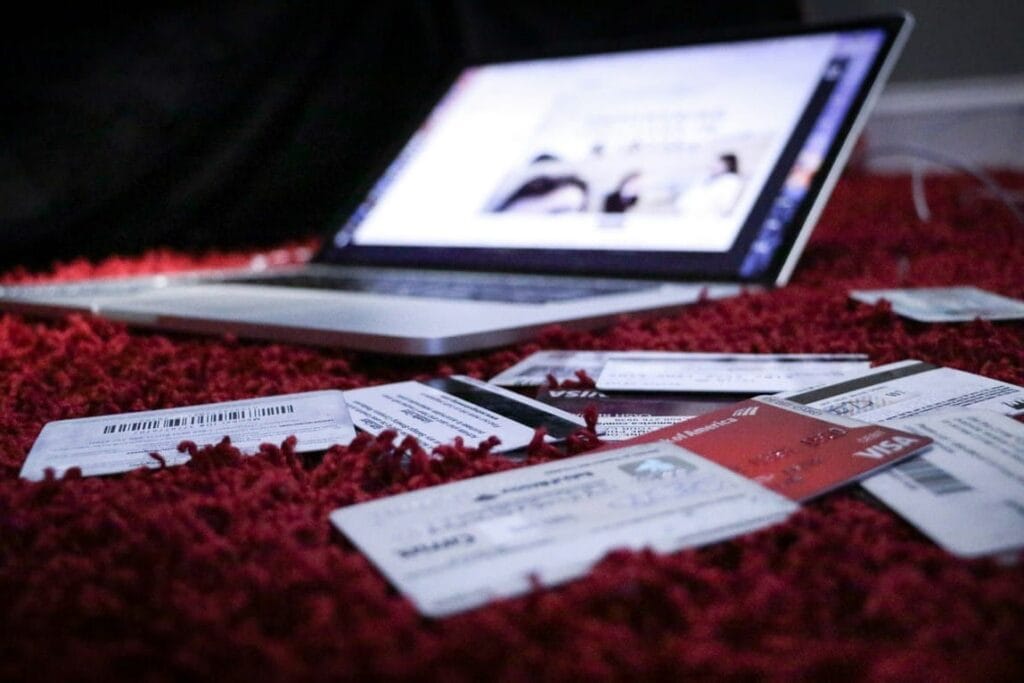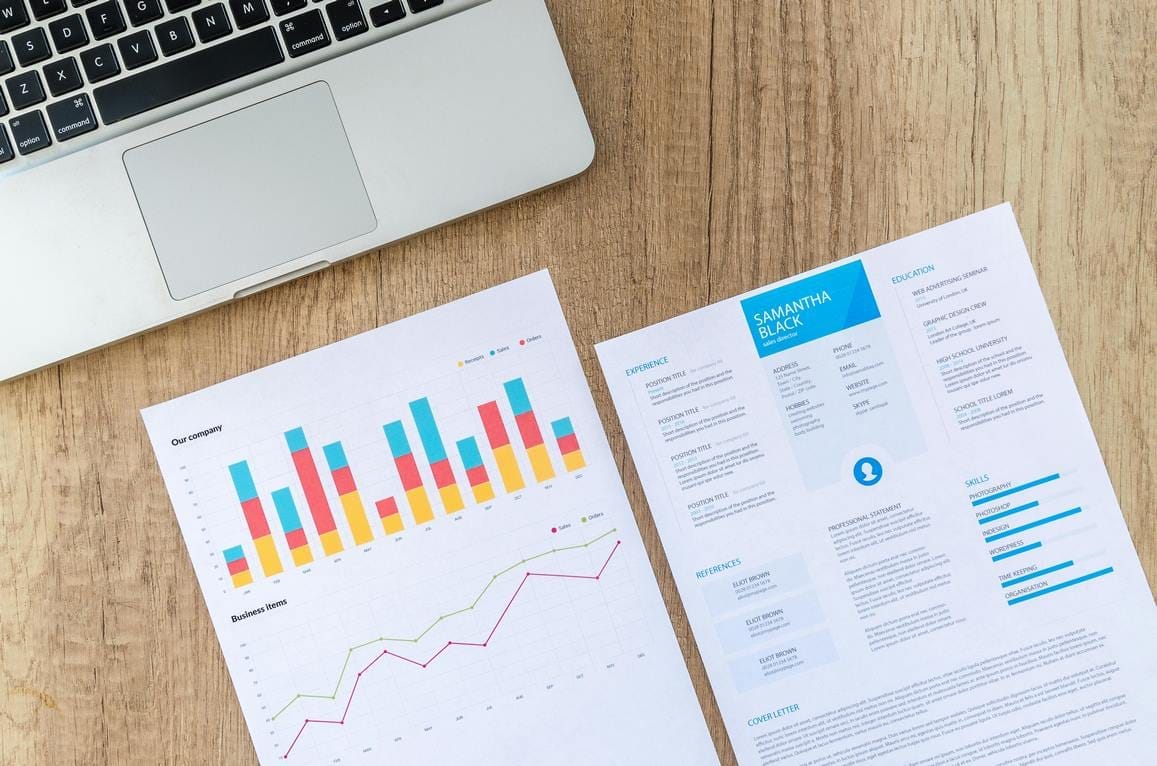Ah, bad credit – the financial boogeyman lurking under the bed of adulthood. It’s that gnawing feeling when you know you should check your credit score but are too afraid to look. If you’ve ever wondered what bad credit is and why it happens, you’re in the right place. Buckle up, because we’re about to dive into the wild world of credit scores, sprinkled with a bit of humor to make the ride more enjoyable.
Meet Your Frenemy: Bad Credit
Bad credit is like that frenemy you can’t get rid of. It’s always there, silently judging you and causing all sorts of trouble. In simple terms, bad credit means you have a history of not managing your financial obligations well. This could be due to missed payments, maxed-out credit cards, or even a sudden financial crisis. Your credit score, that magical number that decides your financial fate, is lower than desirable, making lenders wary of giving you loans or credit.

Why Your Credit Score is Like Your Financial Report Card
Remember report cards in school? Your credit score is essentially your financial report card, but instead of worrying about algebra grades, you’re fretting over FICO scores. Ranging from 300 to 850, this number tells lenders how likely you are to repay borrowed money. The higher the score, the better you look. It’s like getting an A+ in personal finance, minus the gold star stickers.
The Anatomy of a Credit Score: Breaking Down the Numbers
Understanding your credit score can feel like decoding a secret language. Here’s a quick breakdown:
- Payment History (35%): Are you punctual with your payments, or are you fashionably late?
- Amounts Owed (30%): How much debt are you juggling?
- Length of Credit History (15%): Are you a credit newbie or a seasoned pro?
- New Credit (10%): Have you recently applied for a bunch of new credit?
- Credit Mix (10%): Do you have a variety of credit types (credit cards, mortgage, car loan)?
The Good, The Bad, and The Ugly: Credit Score Ranges
Credit scores can be grouped into ranges:
- Excellent (800-850): You’re the valedictorian of credit scores.
- Very Good (740-799): Still impressing the financial world.
- Good (670-739): You’re doing well, but there’s room for improvement.
- Fair (580-669): Things are getting a bit shaky.
- Poor (300-579): Welcome to bad credit territory. Population: too many.
How Bad Credit Creeps Up on You: The Common Culprits
Bad credit doesn’t just appear overnight. It sneaks up on you like a ninja. Here are some common culprits:
Missed Payments: The Gateway to Bad Credit Land
Missed payments are the equivalent of forgetting to feed your goldfish – things go downhill quickly. Even a single missed payment can ding your score, and consistent lateness? That’s a fast track to bad credit.
Maxed Out Credit Cards: The Silent Score Killer
Maxing out your credit cards might feel like a shopping spree, but it’s a silent killer for your credit score. High credit utilization signals to lenders that you might be overextending yourself financially.
Applying for Too Many Loans: When Shopping Around Goes Wrong
Sure, comparing loan options is smart, but applying for too many in a short time frame? Not so much. Each application triggers a hard inquiry, which can lower your score and make you look desperate for credit.
Foreclosures and Bankruptcies: The Major Red Flags
Foreclosures and bankruptcies are like the atomic bombs of bad credit. They leave a lasting impact on your credit score, sometimes for up to seven years. It’s a long road to recovery after these financial catastrophes.
Ignoring Your Credit Report: What You Don’t Know Can Hurt You
Ignoring your credit report is like ignoring a leaking roof – it’s only going to get worse. Regularly checking your report can help you spot errors or signs of identity theft, both of which can drag your score down.
Bad Credit Myths: Separating Fact from Fiction
There’s a lot of misinformation out there about bad credit. Let’s bust some myths.
Myth #1: Closing Old Accounts Will Boost Your Score
Closing old accounts can actually hurt your score by reducing your overall credit limit and shortening your credit history. It’s like trying to fix a leaky boat by drilling more holes.
Myth #2: Paying Off Debt Erases Your Bad Credit History
Paying off debt is great, but it doesn’t erase the history of missed payments. Your credit report is like an elephant – it never forgets.
Myth #3: You Can Fix Your Credit Overnight
Improving your credit score is a marathon, not a sprint. There are no magic wands or quick fixes, just consistent, responsible financial behavior.
Real-Life Consequences of Bad Credit: It’s More Than Just a Number
Bad credit isn’t just a number – it has real-life consequences that can make adulting even harder.
High-Interest Rates: Your Wallet’s Worst Nightmare
With bad credit, lenders see you as a risky bet, and they charge you higher interest rates to offset that risk. It’s like being stuck in a financial hamster wheel.
Loan Rejections: The Ultimate Bummer
Getting rejected for loans is a harsh reality with bad credit. It’s like trying to join an exclusive club, but your name’s not on the list.
Housing Woes: Renting and Buying with Bad Credit
Landlords and mortgage lenders often check your credit score. Bad credit can make it harder to rent an apartment or buy a house, adding stress to an already stressful process.
Employment Hiccups: When Your Score Affects Your Job Prospects
Some employers check credit scores as part of the hiring process. Bad credit can sometimes be a red flag, suggesting you might not be responsible enough for certain roles.
Rebuilding After the Fall: How to Fix Bad Credit
So, you’ve hit rock bottom. Time to rebuild.
Pay Your Bills on Time: The Golden Rule
Consistently paying your bills on time is the golden rule of credit repair. It shows lenders you’re reliable and can turn your score around.
Reduce Your Debt: Start Chipping Away
Tackle your debt like it’s your mortal enemy. Pay off high-interest debts first and work your way down.
Check Your Credit Report Regularly: Stay Informed
Knowledge is power. Regularly checking your credit report helps you stay informed and catch any errors that could be dragging your score down.
Seek Professional Help: When to Call in the Experts
Sometimes, you need a little help from the pros. Credit counseling services can provide guidance and help you create a plan to improve your credit.
Prevention Tips: Keeping Bad Credit at Bay
Preventing bad credit is easier than fixing it. Here’s how to keep it at bay.
Smart Borrowing Habits: Don’t Bite Off More Than You Can Chew
Borrow only what you can afford to repay. It’s simple advice, but it’s the cornerstone of good credit management.
Budgeting Basics: Plan, Spend, Repeat
A budget is your financial roadmap. Plan your spending, stick to your budget, and avoid unnecessary debt.
Emergency Funds: Your Safety Net Against Bad Credit
Life happens. An emergency fund is your financial safety net, helping you avoid debt when unexpected expenses arise.
BOTTOM LINE
Bad credit can feel like a heavy anchor dragging down your financial ship, but it doesn’t have to define your financial future. With a bit of diligence, some smart habits, and a lot of patience, you can turn your credit score around. Remember, it’s not about the mistakes you’ve made, but the steps you take to fix them. So, take control of your credit, start making positive changes today, and watch as your financial outlook begins to brighten. Your future self will thank you.
Frequently Asked Questions (FAQs)
Do I Have Bad Credit?
To determine if you have bad credit, you need to check your credit score. A score below 580 is generally considered bad. You can check your score through various free online services or by requesting a credit report from one of the major credit bureaus: Experian, TransUnion, or Equifax. If your score is low, it’s a sign you might have some work to do in the credit department.
Is Bad Credit Permanent?
No, bad credit is not permanent. While it can take time to improve your credit score, it’s definitely possible with consistent effort. Focus on paying your bills on time, reducing your debt, and regularly checking your credit report for errors. Over time, your score can improve, reflecting better financial habits.
What Level is Bad Credit?
Bad credit typically refers to a credit score below 580. Here’s a quick breakdown of credit score ranges:
- Excellent: 800-850
- Very Good: 740-799
- Good: 670-739
- Fair: 580-669
- Poor: 300-579
Is No Credit Bad?
No credit is not necessarily bad, but it can be challenging. Having no credit means you don’t have a credit history for lenders to evaluate, making it difficult to get approved for loans or credit cards. Building credit by responsibly using a secured credit card or becoming an authorized user on someone else’s account can help establish your credit history.
What Are Bad Uses of Credit?
Bad uses of credit include:
- Maxing Out Credit Cards: Using all available credit can hurt your score and lead to high-interest debt.
- Making Late Payments: Missing due dates negatively impacts your credit score.
- Applying for Multiple Loans Simultaneously: Each application triggers a hard inquiry, which can lower your score.
- Ignoring Debt: Failing to address outstanding debt can lead to collections and further damage your credit.
- Taking Out High-Interest Payday Loans: These can trap you in a cycle of debt, making it hard to improve your credit.
What is considered a bad credit score?
A bad credit score typically falls below 580. This range signals to lenders that you are a high-risk borrower.
How long does it take to improve a bad credit score?
Improving a bad credit score can take several months to years, depending on your specific situation and the steps you take to repair it.
Can checking my own credit report hurt my score?
No, checking your own credit report is considered a soft inquiry and does not affect your credit score. It’s a good practice to stay informed.
Does bad credit affect my ability to get a job?
In some cases, yes. Some employers check credit reports as part of their hiring process, especially for positions that involve financial responsibilities.
Are there services that can help me improve my credit score?
Yes, credit counseling services and financial advisors can help you create a plan to improve your credit score and manage your finances better.









